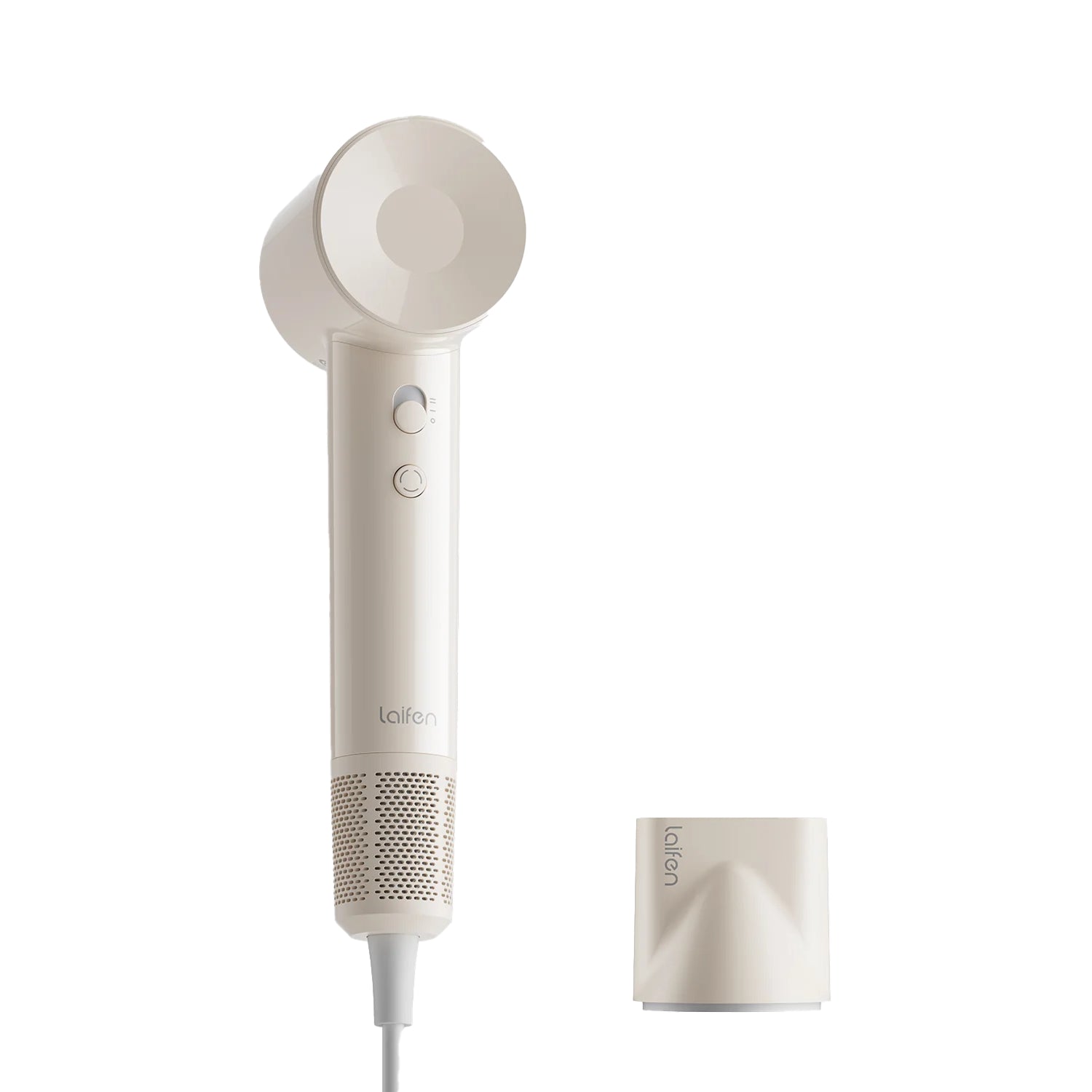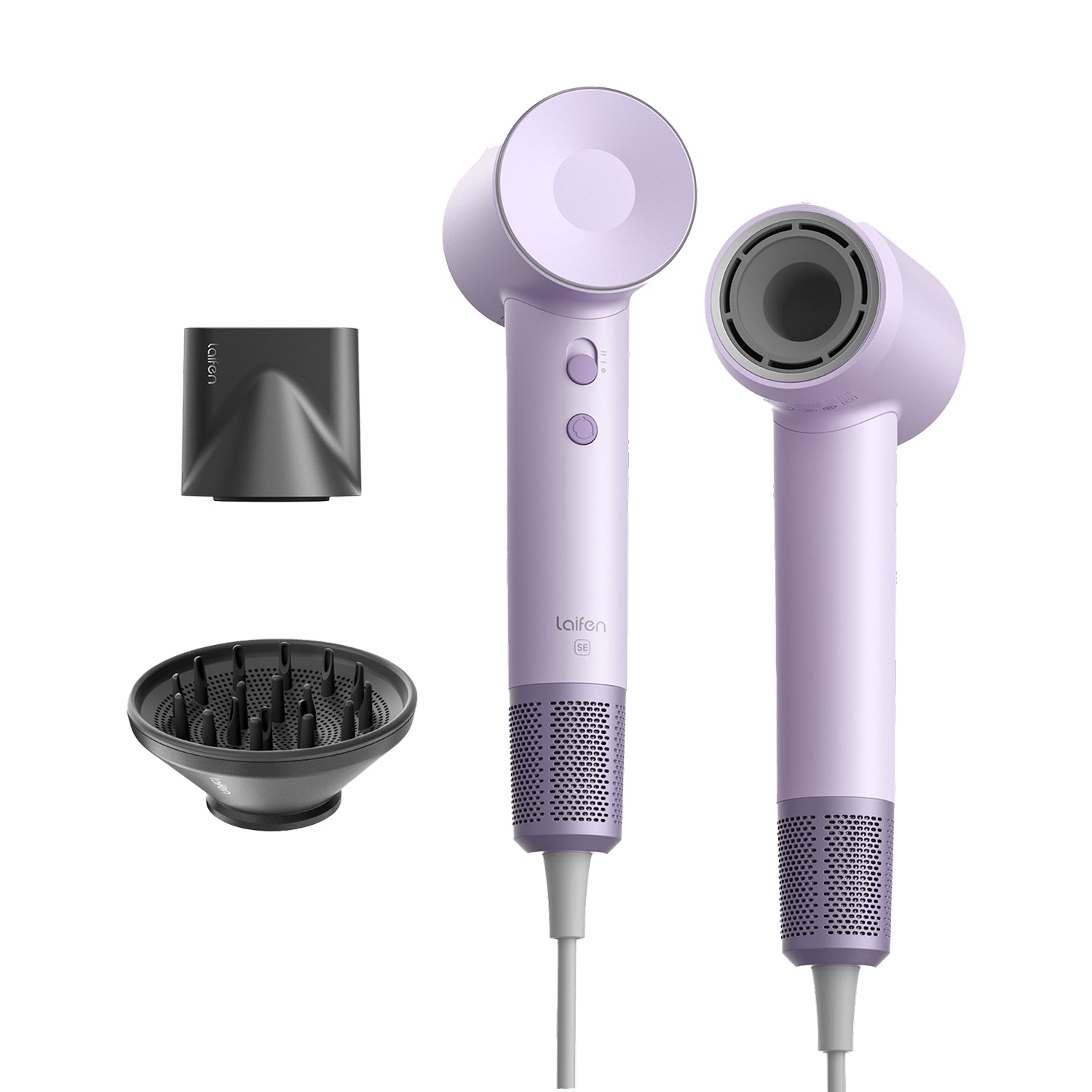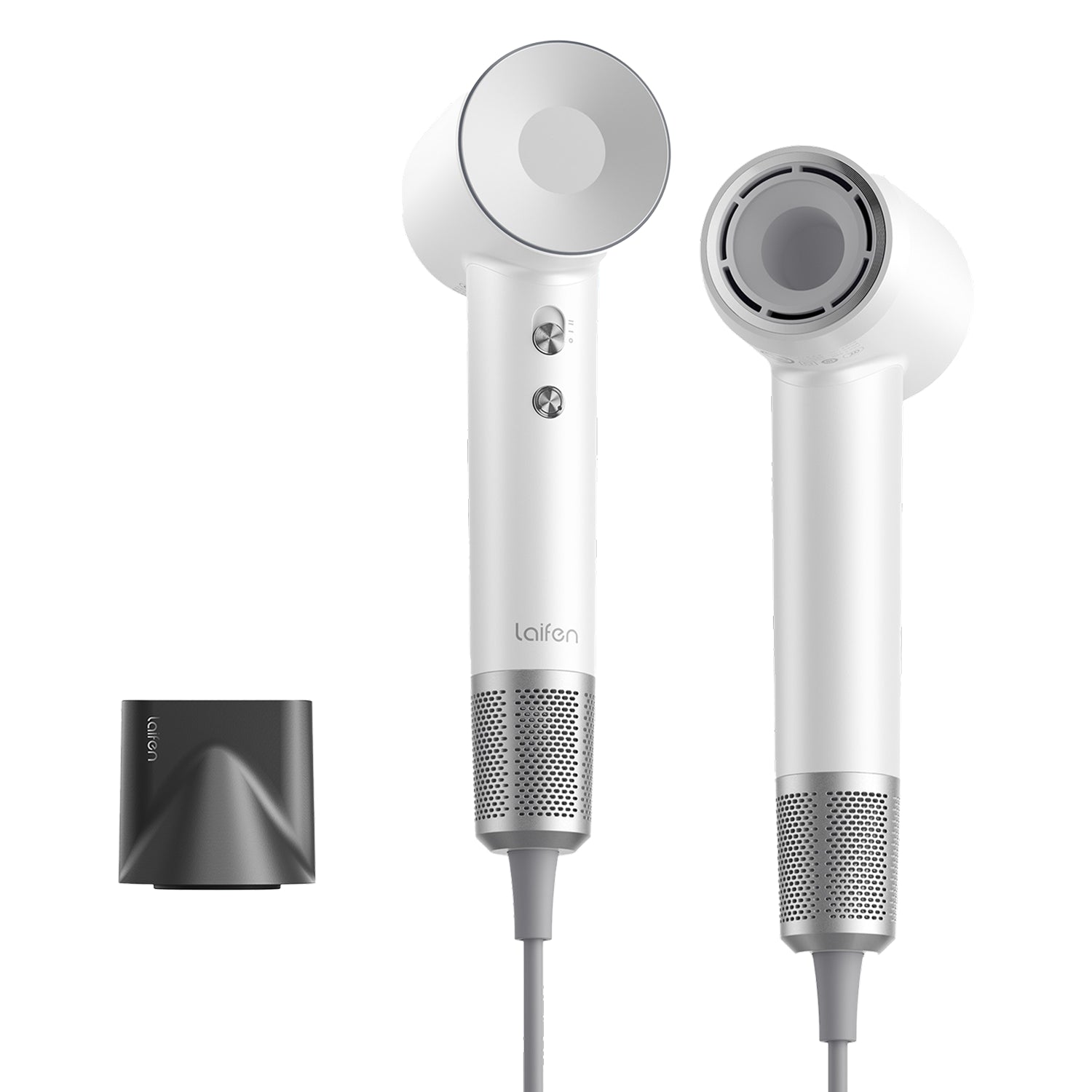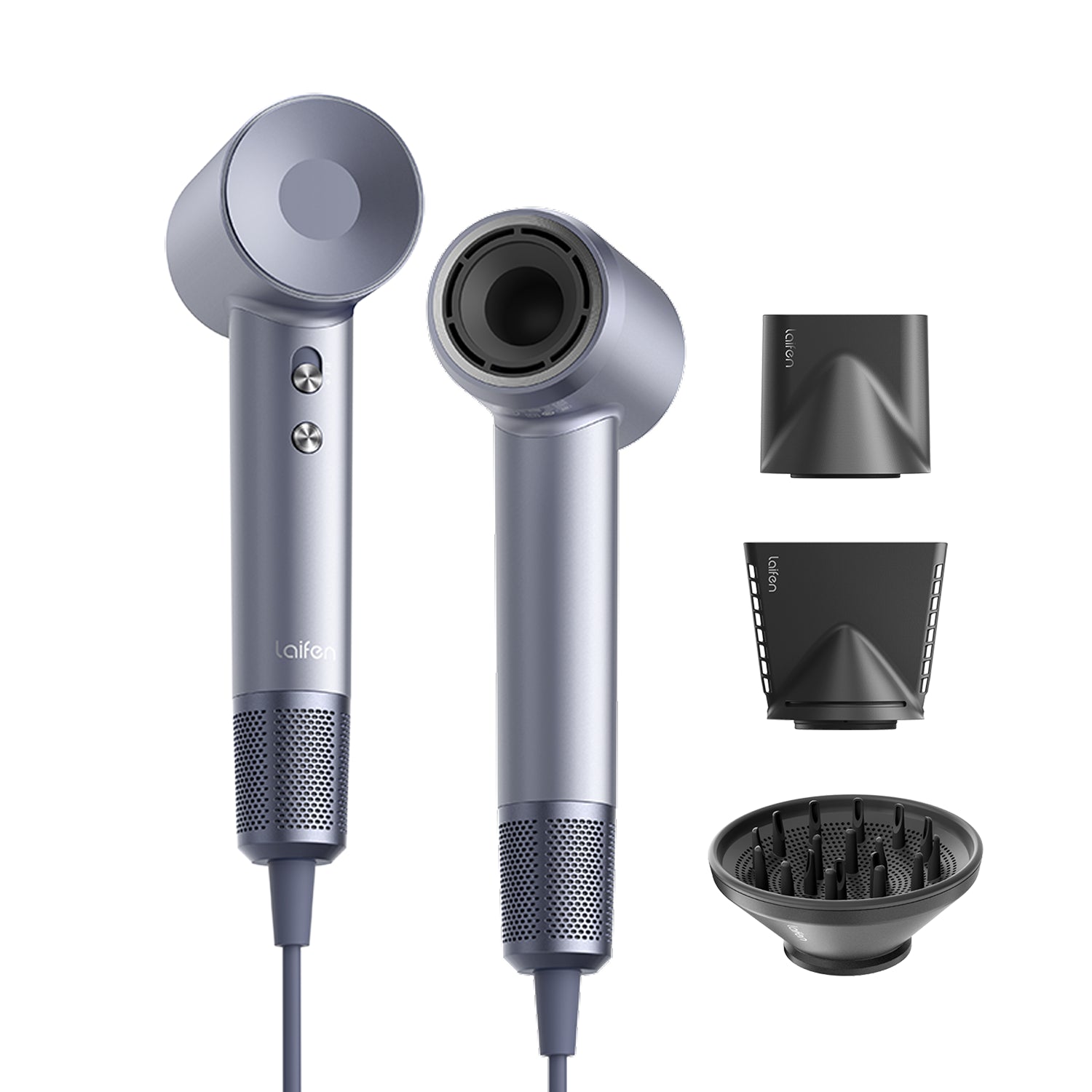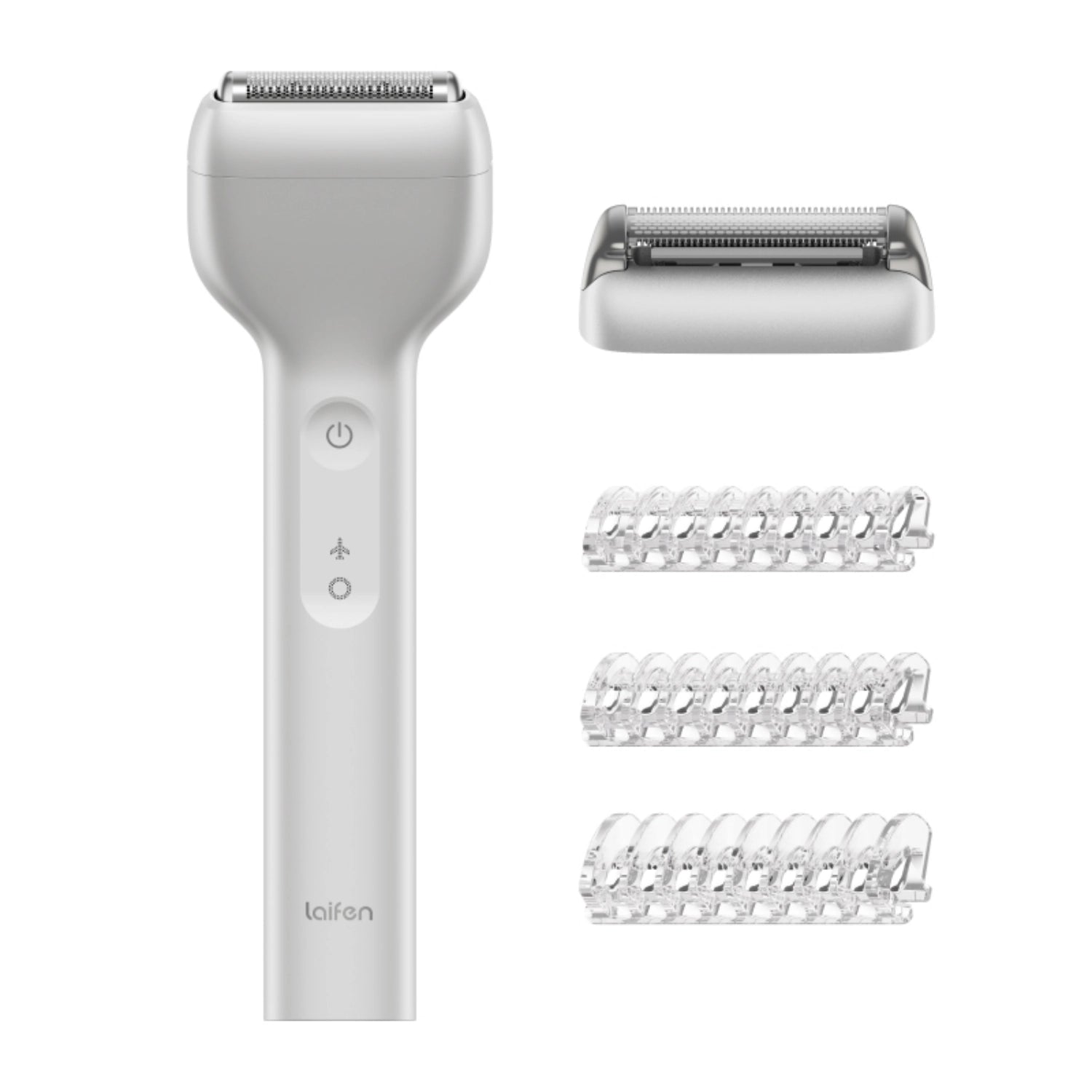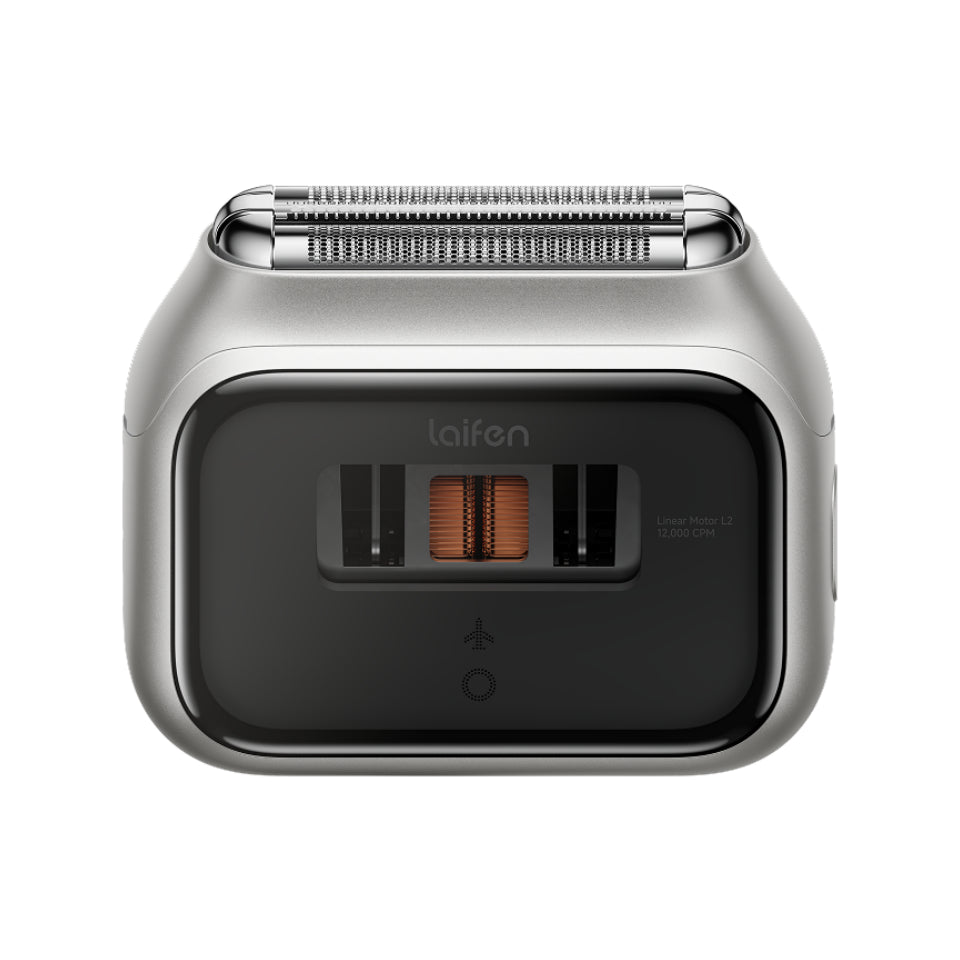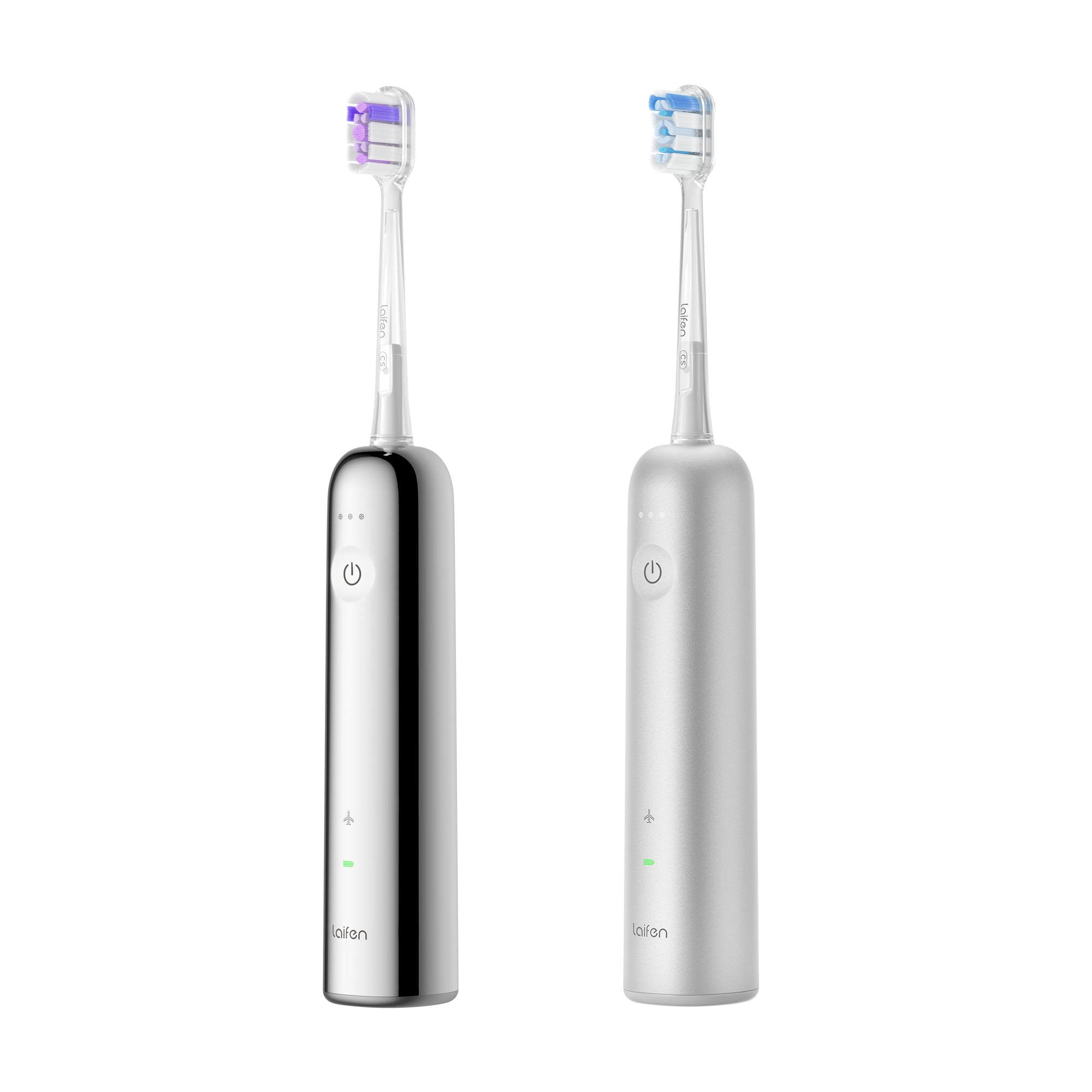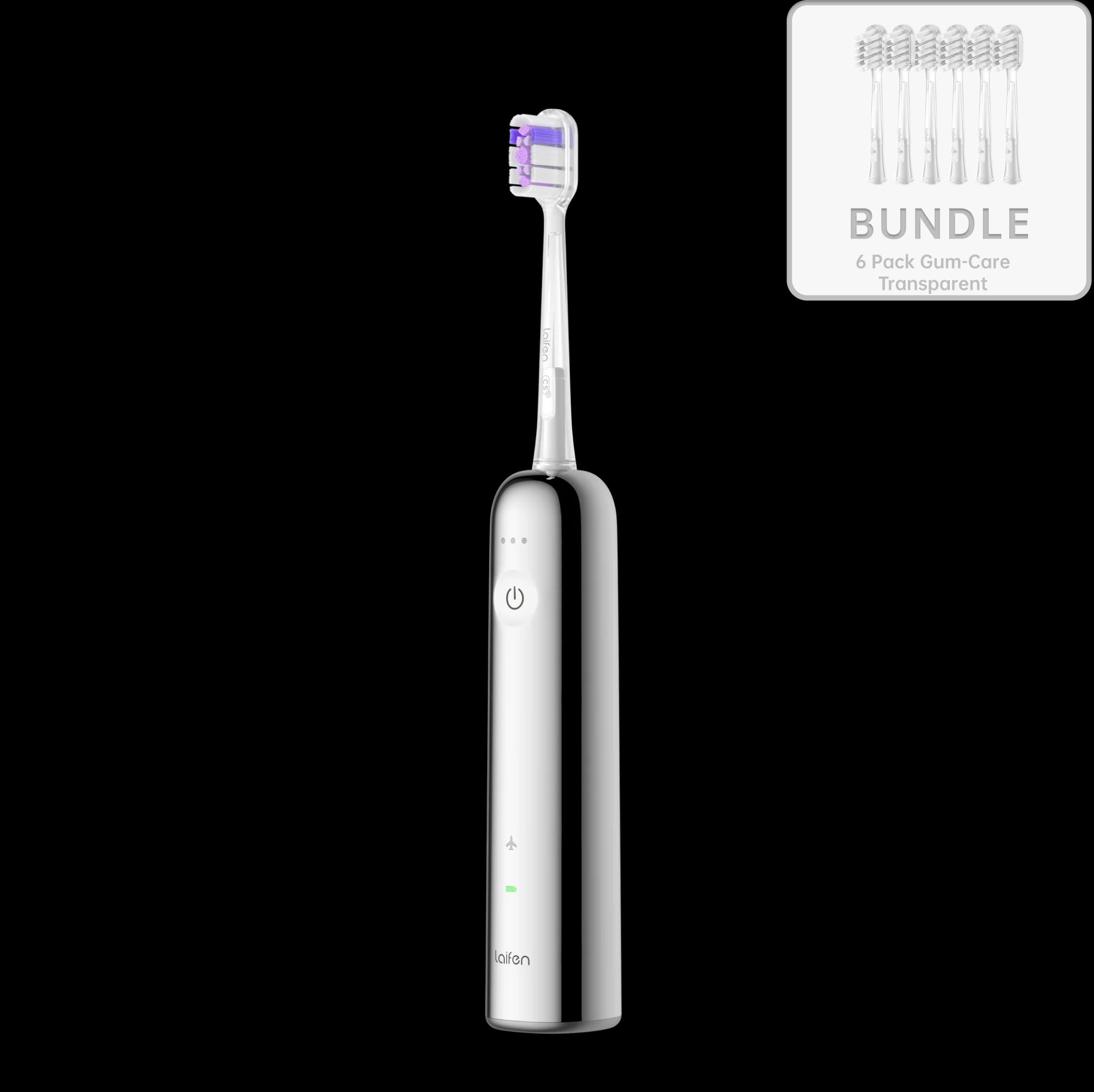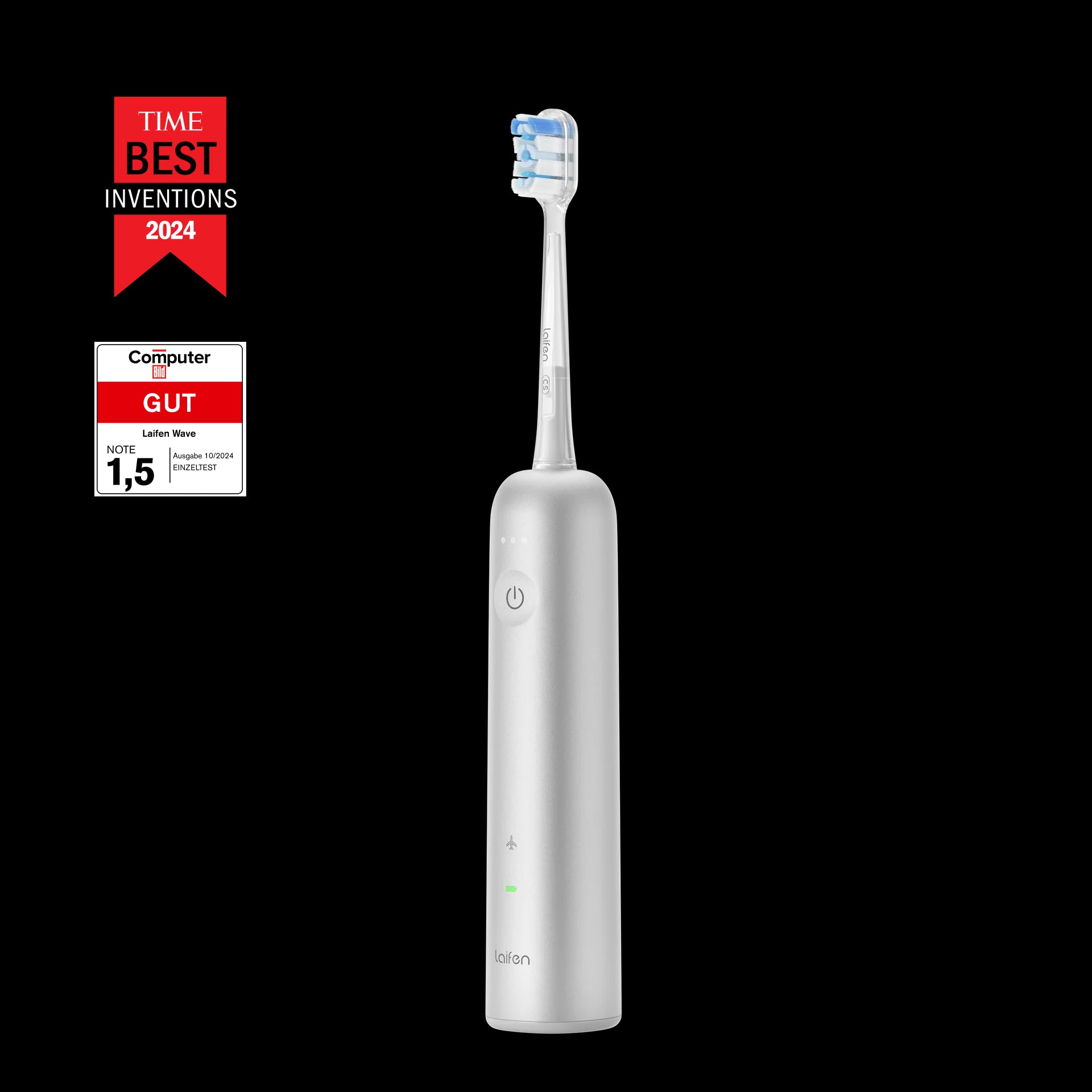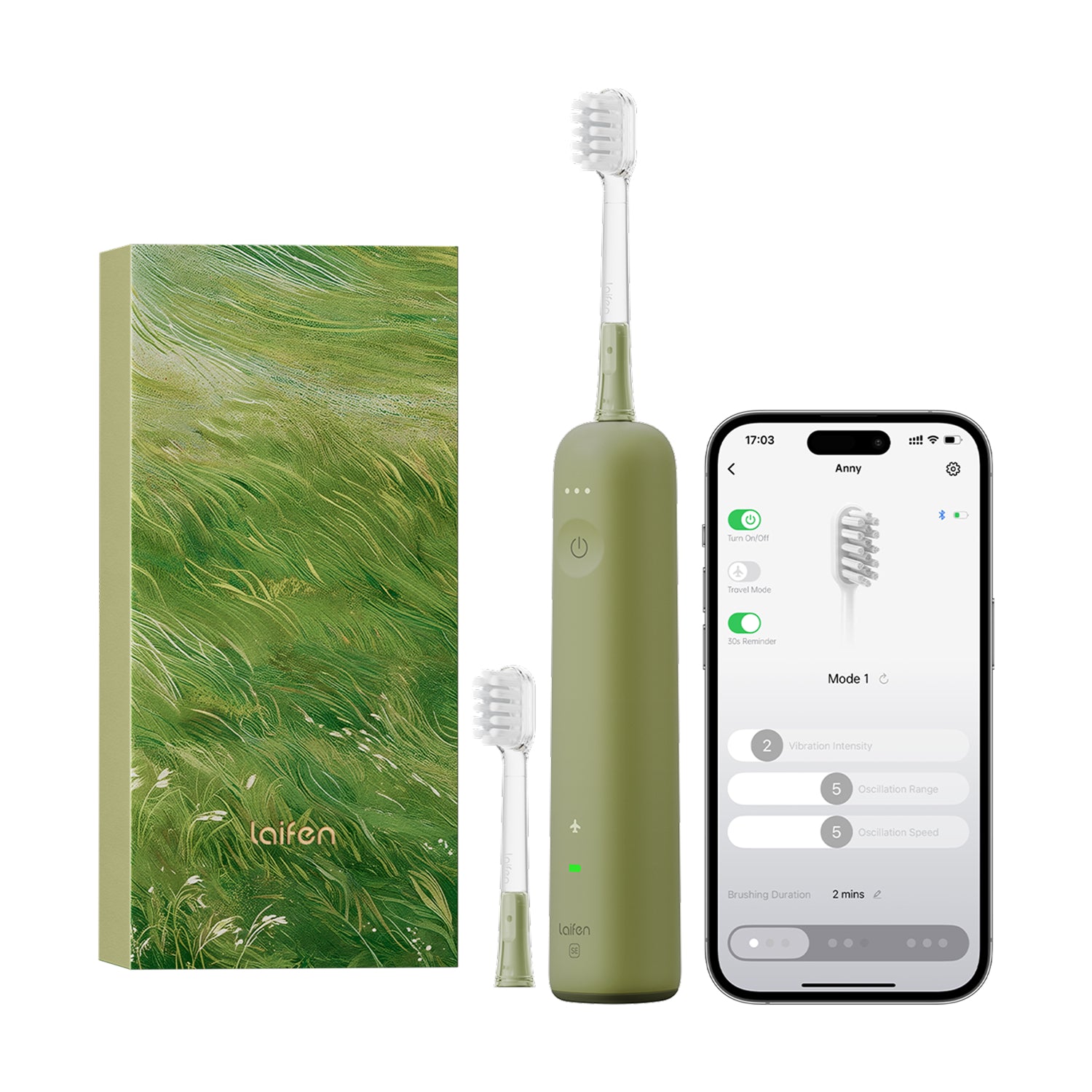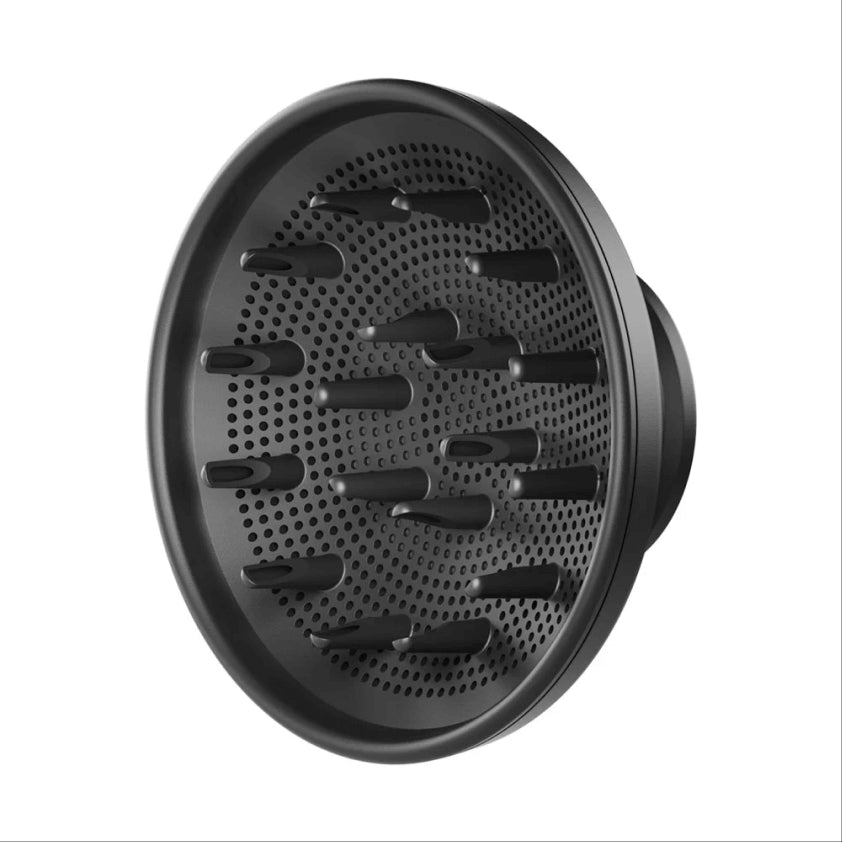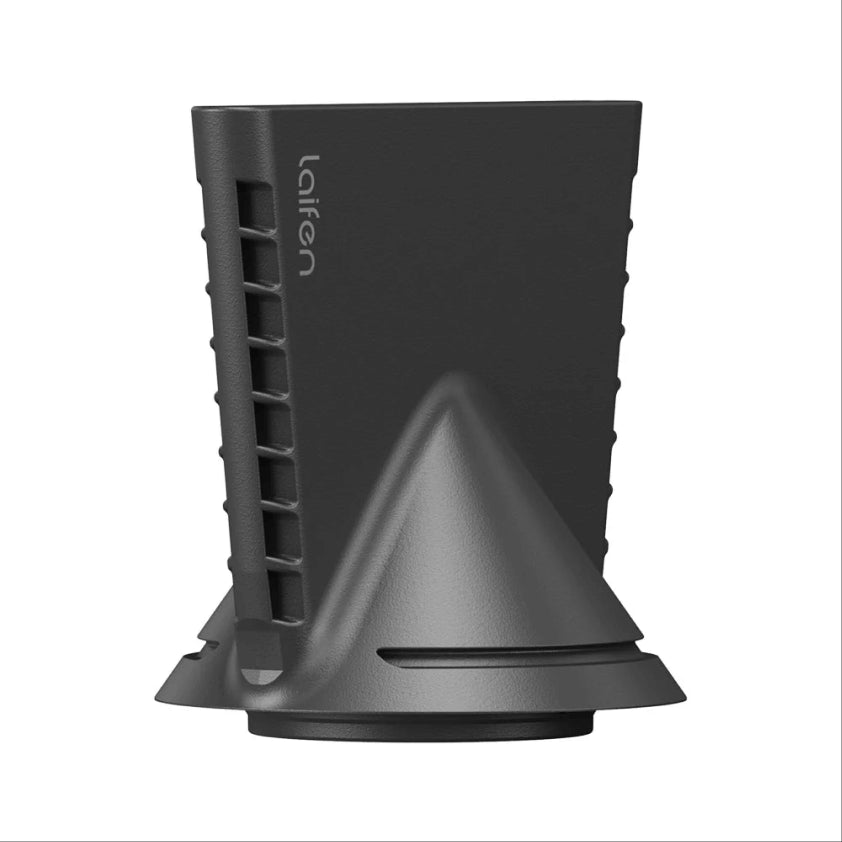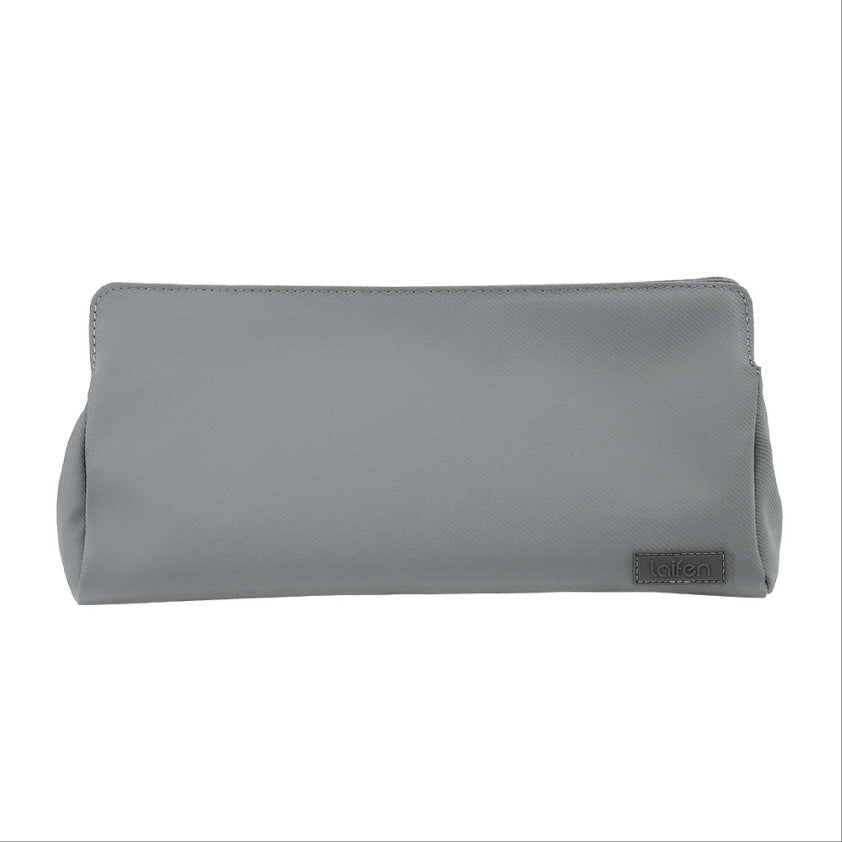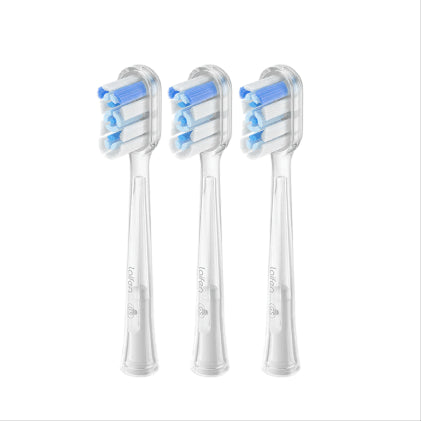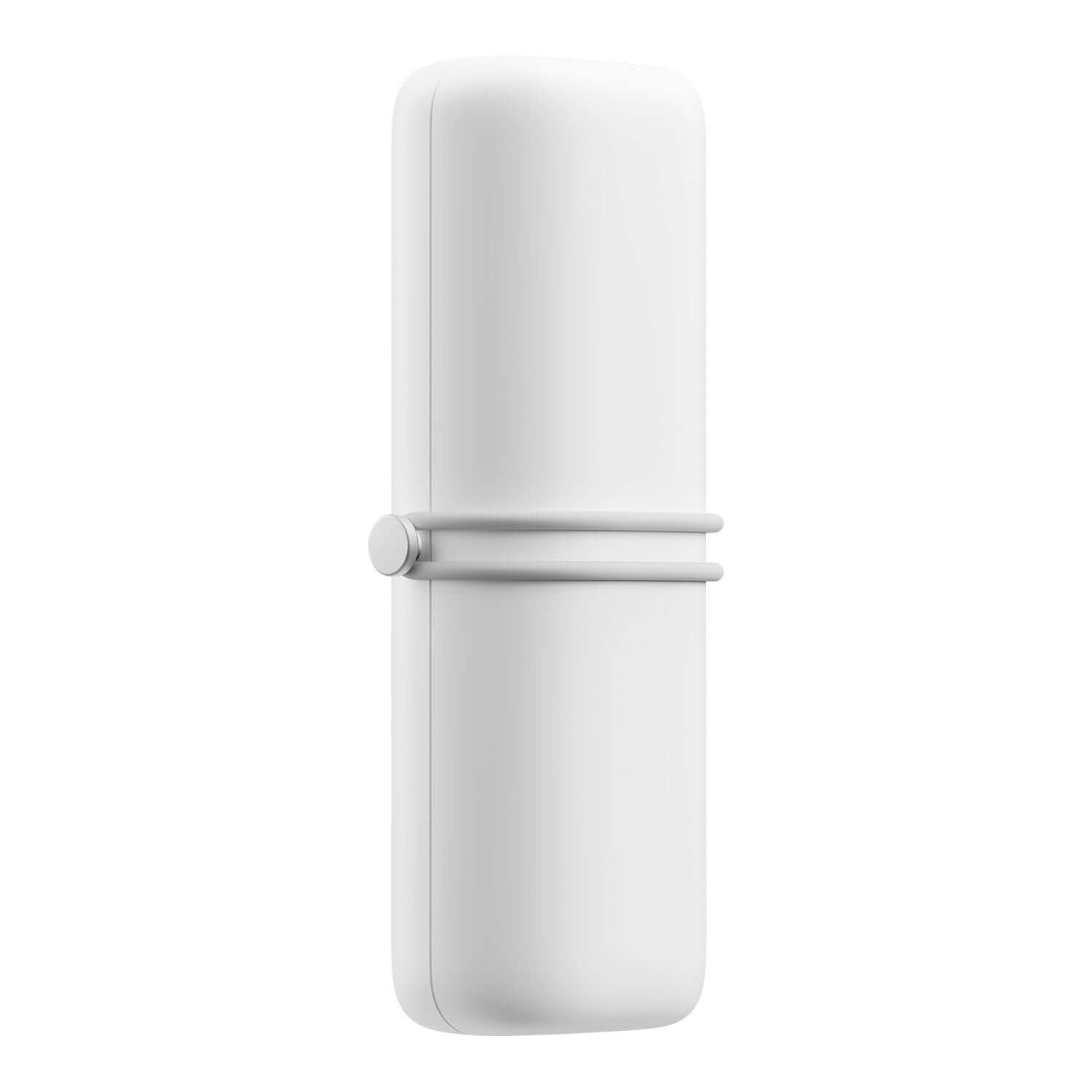
In this article
- Is it safe to have the tooth extracted when you are pregnant?
- Why dental care is so important during pregnancy?
- What is the correct time to remove tooth during pregnancy?
- When pregnant cannot do a needed tooth extraction?
- How to prevent dental issues during pregnancy?
- Precautions for pregnant women suffering tooth removal
Wondering if it's safe to get a tooth extraction during pregnancy? Our analysis and guide has you covered. You'll learn about the best times for dental procedures, potential risks, and how to get a good oral health throughout your pregnancy.
Read on to help you and your baby stay healthy, and get all the essential information you need to make informed decisions.
Is it safe to have the tooth extracted when you are pregnant?
The safety of tooth extraction during pregnancy depends on various factors, but in general, it can be done safely with proper precautions. Here's a closer look at why and how this procedure is managed.
Safety considerations
-
Anesthesia: Local anesthesia is safe for pregnant women. Dentists use the lowest effective dose to ensure comfort while minimizing risks.
-
Infection control: Treating a dental infection promptly is crucial. Untreated infections can pose more risk to both the mother and baby than the extraction procedure itself.
-
Medications: Pain management is controlled with pregnancy-safe medications to avoid any harm to the developing baby.
Examples:
Routine extraction with local anesthesia: A pregnant woman experienced severe tooth pain due to an infected molar. Her dentist decided that extraction was necessary to prevent the infection from spreading. The procedure was performed under local anesthesia, and she recovered without any complications, using pain relievers that were safe for pregnancy.
Emergency extraction due to abscess: An expectant mother developed a painful abscess that required immediate attention. The dentist consulted with her obstetrician to ensure all safety measures were in place. The tooth was extracted successfully, and the infection was treated, preventing further health issues for the mother and baby.
Delayed extraction postponed for safety: Another case involved a pregnant woman with a non-urgent need for tooth extraction. Her dentist advised delaying the procedure until after delivery and gives interim pain management and infection control to make sure both her and the baby's safety.
Why dental care is so important during pregnancy?
Maintaining good dental care during pregnancy is crucial for both the mother's and the baby's health. Here's why:
Hormonal changes
Pregnancy causes hormonal changes that can make gums more sensitive and cause conditions like gingivitis. If untreated, this can progress to more serious periodontal disease.
This condition, characterized by swollen and bleeding gums, is common during pregnancy due to increased blood flow and hormonal fluctuations.
Impact on baby's health
Studies have shown that severe gum disease can increase the risk of preterm birth and low birth weight. Bacteria from the mother's mouth can enter the bloodstream and potentially affect the baby.
Preventing oral infections
Untreated dental issues can lead to infections, which may spread and cause complications. Treating dental infections is vital for the overall health of the mother and baby. Oral infections can contribute to other health issues, such as diabetes and heart disease.
What is the correct time to remove tooth during pregnancy?
When it comes to tooth extractions during pregnancy, timing is important to make certain the safety of both the mother and the baby. This part will include what you need to know about the best time for dental procedures during pregnancy:
Second trimester (Weeks 14 to 27)
-
Optimal timing: The second trimester is the safest period for dental extractions. By this time, the major organs of the fetus have developed, and the risk of miscarriage is lower compared to the first trimester.
-
Patient comfort: During the second trimester, most pregnant women feel more comfortable and are not yet experiencing the physical constraints and discomforts of the third trimester.
Why avoid first trimester?
-
Fetal development: The first trimester is a core period for the baby's organ development. Any stress, infection, or medication during this time could possibly affect the developing fetus.
-
Morning sickness: Many women experience nausea and vomiting in the first trimester, which can make dental procedures more uncomfortable and challenging.
Why avoid third trimester?
-
Physical discomfort: As the pregnancy progresses, lying in a dental chair for extended periods can become uncomfortable and difficult.
-
Risk of preterm labor: Stress and discomfort during dental procedures in the third trimester could trigger preterm labor in some cases.
When pregnant cannot do a needed tooth extraction?
As we said, but we want to emphasis that a needed tooth extraction during pregnancy should be avoided in the first trimester and the latter part of the third trimester unless it is an emergency.
The first trimester is a critical period for the baby's organ development, and any stress or medication during this time can pose risks. In the third trimester, physical discomfort and the risk of preterm labor increase, making it less ideal for dental procedures.
If an extraction is necessary, the second trimester is the safest time, but in all cases, it is essential to consult with both the dentist and obstetrician to ensure the best approach for the health of the mother and baby.
How to prevent dental issues during pregnancy?
You need to brush your teeth at least twice a day with fluoride toothpaste and floss daily to remove plaque and prevent gum disease, which is basic. Using an antibacterial mouthwash can further help reduce plaque and prevent gingivitis.
Eating a balanced diet is vital. You should limit sugary foods and drinks to prevent cavities and tooth decay. Include plenty of calcium-rich foods like milk, cheese, and yogurt in your diet to support your dental health and your baby's developing bones and teeth.
Precautions for pregnant women suffering tooth removal
Here are some precautions shared with you.
X-rays
Since preparing for a tooth extraction may involve using X-rays, it's important to minimize any potential risks to the baby. A lead apron will be used to cover your upper body, effectively shielding the baby from radiation exposure and ensuring their safety.
Medication
Your dentist will prescribe medications that are safe for both you and your baby. Medications such as clindamycin, penicillin, and amoxicillin are considered safe for pregnant patients. If you have any known allergies, inform your dentist as soon as possible to prevent any adverse reactions and complications.
Avoid the following medications:
-
Doxycycline, tetracycline, and minocycline: These can stain the baby's teeth.
-
Fluoroquinolones: Including moxifloxacin, levofloxacin, and ciprofloxacin.
-
Teratogenic drugs and retinoids: Such as thalidomide, which can cause birth defects like cleft lips and other abnormalities.

